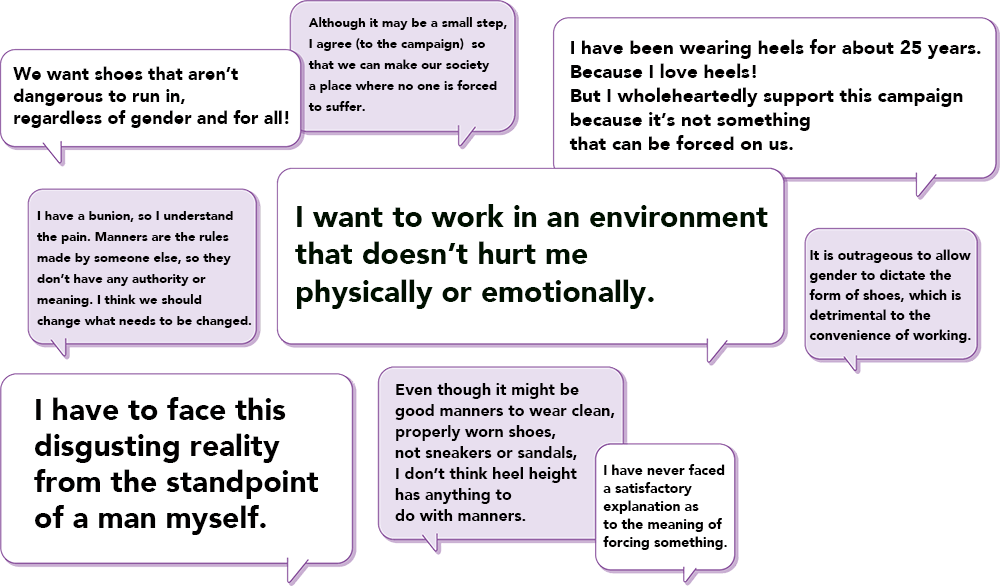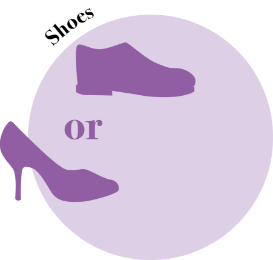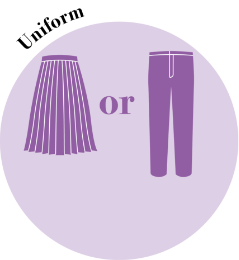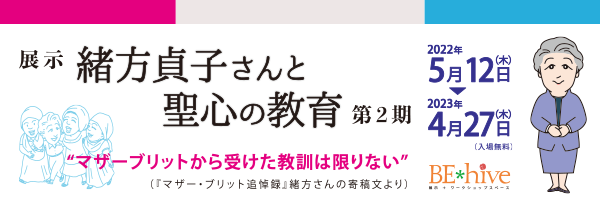The practices of foot binding and corsets are things of the past, but there is still something that women are forced to wear today that is considered feminine but inconvenient. Heeled shoes are one such example customary in many companies.
In 2019, the #KuToo movement was sparked by a tweet that said, “It’s not right to force women to wear pumps and high heels at work.” Ishikawa Yumi, who was at the center of the movement, said she became aware of the problem after wearing pumps all day for work and experienced bloody toes. She said, “Men can wear shoes without heels, why not women??” Such questions are behind this movement.
- Ishikawa, Yumi. #KuToo: Kutsu Kara Kangaeru Honki No Feminizumu. Gendaishokan, 2019.
The origin of “#KuToo”
The name is a play on the words between “Kutsuu (pain)” and “Kutsu (shoes),” and the #MeToo movement that began in the US, which urged people to confess their sexual assaults. Like the #MeToo movement, the #KuToo movement aims to change society by encouraging people to speak out through social networking sites. The tweet that triggered the #KuToo movement was spread by many people and attracted significant attention.
Is wearing heels obligatory?
In 2019, a request and signatures were submitted to the Ministry of Health, Labor and Welfare, led by participants in the #KuToo movement, to “prohibit companies from forcing women to wear pumps.”
However, then Minister Nemoto Takumi responded, “We think that instructing or requiring women to wear high heels or pumps would be necessary and reasonable for business in light of socially accepted norms.”
Influence seen around the world
In 2019, the BBC in the UK chose Ishikawa Yumi, a caller to the #KuToo movement, as one of the “100 women” who have influenced people around the world. Hilary Clinton mentioned the #KuToo movement on a CNN program in 2020, saying, “There are women who are fighting in wonderful ways.”












